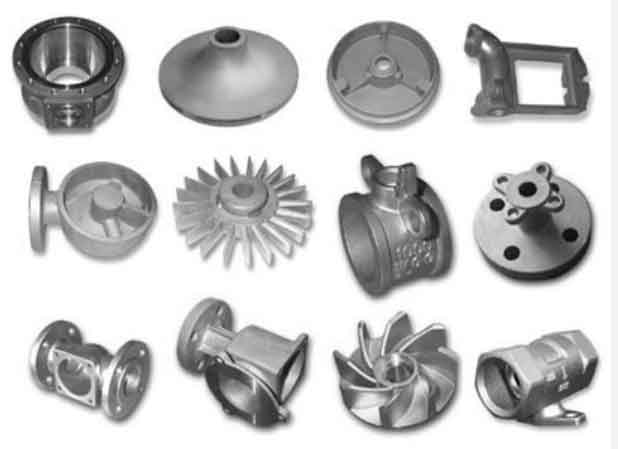Grey cast iron is known for its exceptional strength and mechanical properties, which make it a popular choice for various applications. Here, we will explore the key mechanical properties of grey cast iron:

1. Tensile Strength: Grey cast iron typically exhibits a tensile strength ranging from 150 MPa to 350 MPa. The tensile strength refers to the maximum stress a material can withstand before fracturing under tension. Grey cast iron’s tensile strength is lower compared to other materials like steel but is still suitable for applications that do not require high tensile strength.
2. Compressive Strength: Grey cast iron demonstrates excellent compressive strength, which refers to its resistance to being squeezed or compressed. It can withstand significant loads in compression, making it ideal for applications where the material needs to support heavy loads or endure compressive forces.
3. Hardness: Grey cast iron is relatively hard and has a hardness range of 150 to 250 Brinell. The hardness of grey cast iron is attributed to the presence of graphite flakes, which act as strengthening agents within the material. Higher hardness provides resistance to wear and improves the material’s ability to withstand abrasive forces.
4. Impact Resistance: Grey cast iron exhibits good impact resistance, enabling it to withstand sudden loads or shocks without fracturing. Its microstructure, characterized by the presence of graphite flakes, helps absorb and distribute the impact energy, contributing to the material’s overall impact resistance.
5. Fatigue Strength: Grey cast iron has moderate fatigue strength, which refers to its ability to withstand repeated loading and unloading cycles without failure. However, compared to materials like steel, grey cast iron has relatively lower fatigue strength and may be more susceptible to fatigue failure over time.
6. Modulus of Elasticity: Grey cast iron has a relatively low modulus of elasticity, which measures its stiffness or resistance to deformation under applied stress. The lower modulus of elasticity of grey cast iron compared to materials like steel gives it good damping properties, allowing it to absorb vibrations and reduce noise.
It’s important to note that the mechanical properties of grey cast iron can vary depending on factors such as the casting process, composition, heat treatment, and microstructure. Additionally, while grey cast iron possesses excellent compressive strength and hardness, it may have limitations in terms of tensile strength and ductility compared to other materials like steel or ductile iron.
Understanding the mechanical properties of grey cast iron is crucial when selecting it for specific applications. It is typically chosen for applications that prioritize strength, hardness, wear resistance, and the ability to absorb vibrations and dampen noise. However, for applications requiring higher tensile strength, impact resistance, or elevated temperature performance, other materials may be more suitable.
